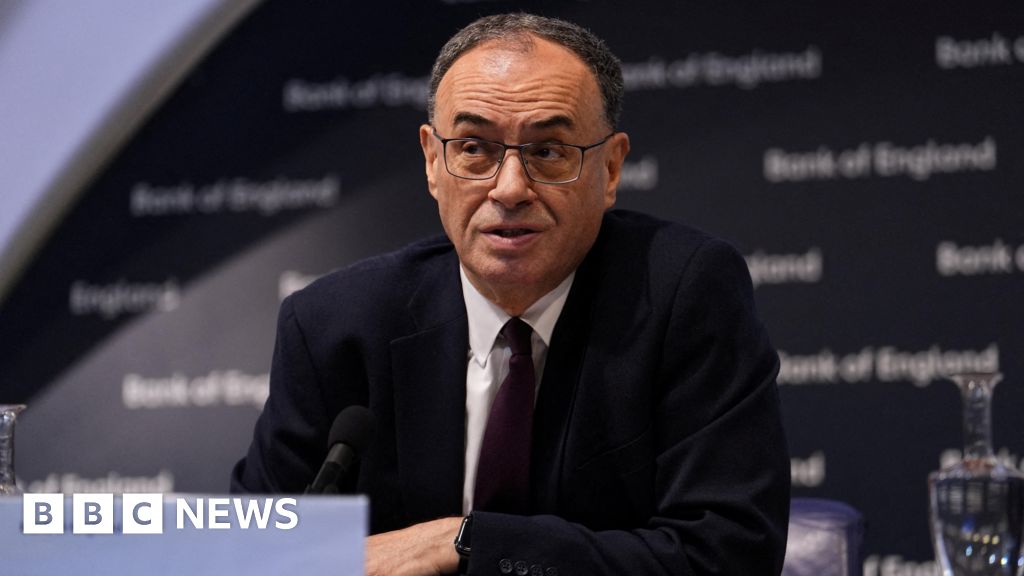
"The decision to hold rates at 4% was made by the narrowest of margins, and the interest rate panel thinks inflation has peaked. Governor Andrew Bailey said he wanted to see if forthcoming developments confirmed this view before cutting rates; weakness in the labour market could also play a part. The Bank also noted last year's Budget measures such as an increase in employer National Insurance Contributions and minimum wages contributed to price pressures over the last year."
"A key factor in future decisions will be the contents of the forthcoming Budget, which may ease price pressures with direct measures on bills, but also tax rises taking money out of pockets. The chancellor has been keen to claim credit for creating the conditions for rate cuts by providing the right environment. But the Bank's report makes clear that last year's Budget measures have contributed to price pressures, and hiring hesitancy by adding to employer's costs."
The Bank of England held interest rates at 4% by the narrowest margin and judges that inflation has likely peaked. Governor Andrew Bailey said forthcoming developments and labour-market weakness will influence decisions on rate cuts. Last year's Budget measures, including higher employer National Insurance and minimum wage increases, added to price pressures and contributed to hiring hesitancy. Consumer spending remains cautious, and the Bank forecasts 1.5% growth this year and 1.2% in 2026. The forthcoming Budget's tax rises, bill support, and pay policies will be key determinants for future monetary-policy moves. Labour costs remain a major uncertainty.
Read at www.bbc.com
Unable to calculate read time
Collection
[
|
...
]